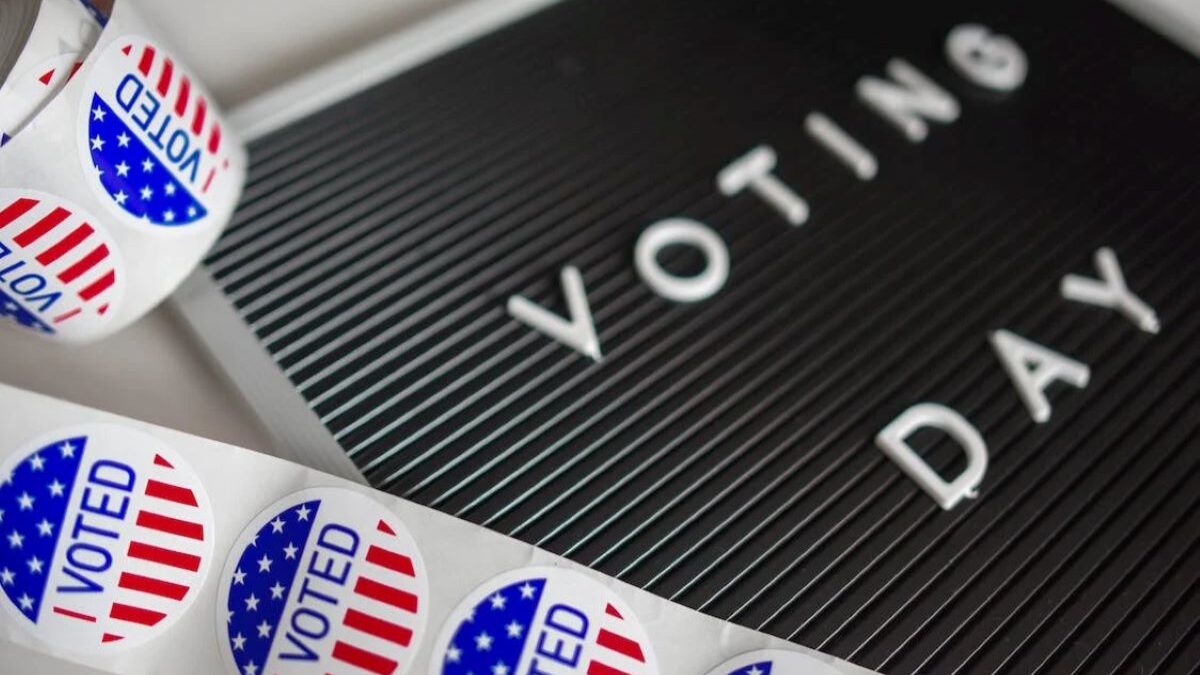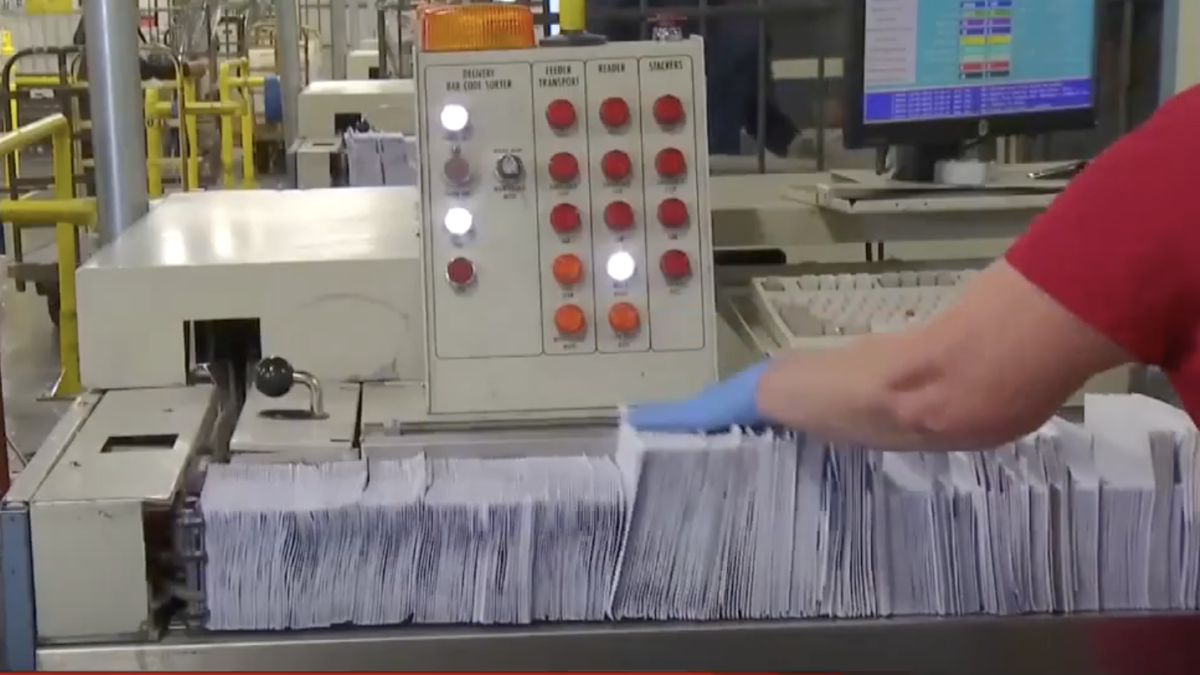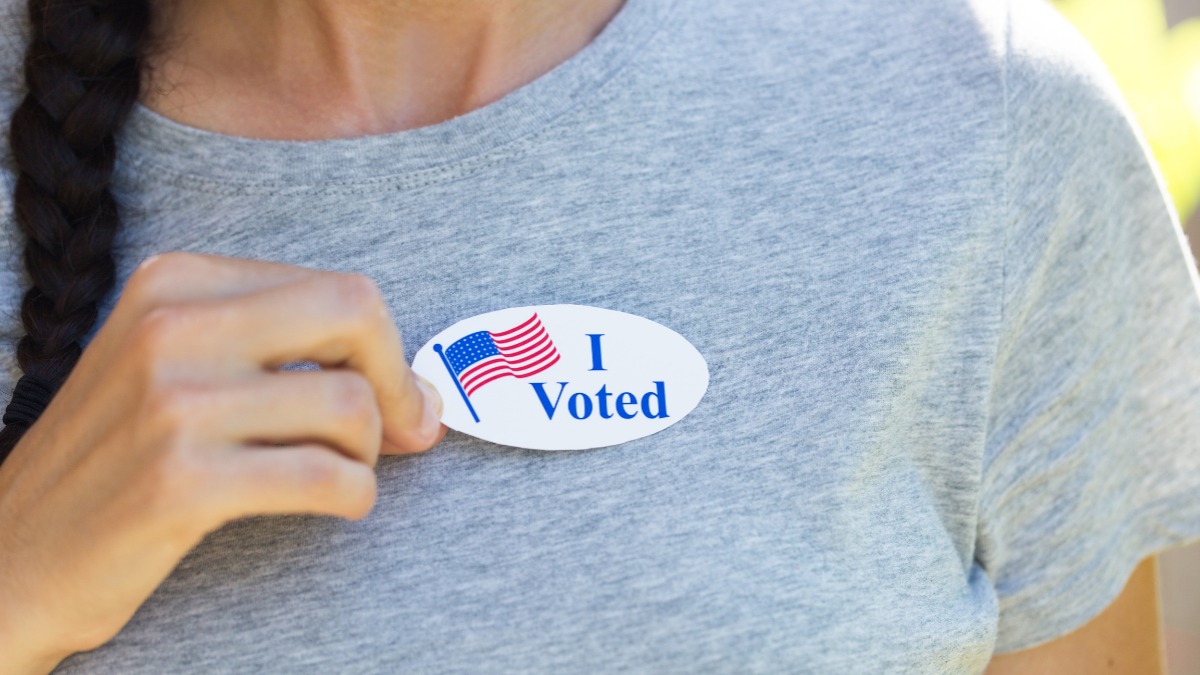The debate over voter ID typically centers on the need to prove we are who we say we are when we vote, which is obviously very important. But voter ID can and should also be used to prove we live where we say we live.
This is critical because the ballots we receive when we vote are based on where we actually live — where our “habitation is fixed” as is the case in my home state of Georgia. That location determines our “jurisdiction,” which is our county and/or municipality. It also determines our voting precinct, our city and county election contests, and the school board, judicial, county commission, state House, state Senate, and congressional district races that appear on our ballots.
Unenforced Residency Laws
Georgia, like other states, has enacted residency laws to help ensure voters get the right ballot when they vote — and to ensure residents are registered where they live. However, we live in a highly mobile society, with tens of millions of people moving every year, and studies have shown that moving is one of the most stressful events that can occur in our lives. It ranks right up there with divorce, marriage, having kids, starting a new job, or having children.
While most people will almost instinctively file a change of address with the USPS when they move, many people don’t — and far fewer even think about updating their voter registration during such a life transition. We are also required by law to update our driver’s licenses within 60 days of moving, but many people don’t get around to doing that in a timely manner either, and violations of our law are often ignored or considered a “fix it ticket.”
When election integrity activists run USPS National Change of Address processing on our voter data, which can “look back” for a period of four years, we can see “hundreds of thousands” of voters who have told the USPS they were moving to new jurisdictions months or even years ago, but who are still registered to vote — and sometimes still casting ballots — at their previous addresses. We would not be seeing numbers this high if people were updating their driver’s licenses in a timely manner.
Residency Fraud
In a February hearing before the Georgia Senate Ethic Committee, Secretary of State Brad Raffensperger’s Chief Operating Officer Gabriel Sterling and Elections Director Blake Evans described the “daily feed” they receive from the Department of Driver’s Services, which helps their office keep our voter rolls current.
But Sterling, who is rumored to be considering a run for secretary of state, also admitted that “we probably have thousands of people over the last few years voting in not necessarily 100 percent the right place.” That sounds like our secretary of state’s office finally admitting people have broken the law, as some counties are wittingly or unwittingly failing to enforce residency laws.
Sterling also pointed out that increasing numbers of people do not file a change of address with the USPS when they move and stressed the need to reform the over-30-year-old 1993 National Voter Registration Act — also known as the “NVRA” or the “Motor Voter Law.” He explained that “we don’t live in a pen, paper, mail, envelope, postage world that we used to — we live in an internet world.”
He also explained to the committee that the law requires them to obtain a “wet signature” to confirm a voter’s change of address and that the problem with reforming the NVRA is the members of Congress who refuse to consider engaging in that battle.
The NVRA permits a secretary of state to use NCOA processing as part of their list maintenance activities, but also heavily regulates the way they can do that. When they get information from the USPS that a voter has moved, they are required to mail that voter to request confirmation of their move, but voters often ignore those requests.
When the voters do not respond, they can be placed on inactive status and must then remain on inactive status for at least two more general election cycles before they can be removed. In other words, it can take years for voters who have moved away to “age off” the voter rolls and finally be purged. So essentially, the NVRA forces our nation’s secretaries of state to collectively keep millions and millions of bogus registrations on our voter rolls, often for years.
Thankfully, the NVRA also permits a secretary of state to use driver’s license updates to change the voter rolls, and according to Sterling, “about 98%” of Georgia voters hold driver’s licenses. But what help is that when voters are apparently only marginally more concerned with updating their driver’s license than they are with updating their voter registrations?
Why Does All This Matter?
In Georgia, when a voter has moved to a new jurisdiction less than 30 days before an election, they can still cast a ballot in their old jurisdiction — we refer to this as “the grace period.” However, this grace period does not extend beyond 30 days, and by failing to comply with the law, voters trap themselves — they have lost their residency in their old jurisdiction, and they are not registered in their new jurisdiction. In other words, they cannot lawfully cast a ballot at all in that particular election.
Obviously, for would-be voters, this is a very untenable position to be in, and unfortunately, many of those voters will attempt to resolve the situation by voting in their old jurisdiction, even though that is not lawful. When they show up to vote, they will show a driver’s license they know has not been updated but could have been updated online in just a few minutes. The poll worker will then use that license to pull up their voter registration, which has not — but also could have been — updated online.
Next, the poll worker, who has no way of knowing the voter has moved, will ask the voter to sign a voter certificate, which requires them to verify their name and address information, and that certificate also carries a warning about not violating OCGA 21-2-562. That statute makes providing false information on a voter certificate a felony punishable by a sentence of up to 10 years, and/or a fine of up to $100,000.
“Knowingly or willfully” giving false information about our residency is also a violation of federal law under 52 USC 10307 which is the Prohibited Acts section of the Voting Rights Act if there is a federal race on the ballot.
How can this kind of residency fraud be solved?
The ‘Hard Way’ or the ‘Better Way‘
One solution is to have that huge, knock-down, drag-out brawl in Congress over reforming the NVRA, which most likely will not succeed until and unless Republicans regain control of Congress and the White House — and finally summon a spine. In doing so, they will undoubtedly face a withering storm of criticism from the left amid accusations of “Republican voter suppression” from “election deniers,” and all that nonsense.
Then unfortunately, even if we succeeded, the battle would be far from over — the issue would just shift to the courts where a new multimillion-dollar lawfare battle would begin.
But the “better way” is a whole different subject. As Hans von Spakovsky, senior legal fellow with the Heritage Foundation, recently pointed out, there is nothing in the NVRA prohibiting states from trying to keep their driver’s license data clean, and regardless of any effect on voter registrations, there are plenty of very legitimate reasons to want to do that. For example, when someone moves to Atlanta from a sleepy little South Georgia town with a brand-new Cadillac Escalade, Fulton County will probably want their ad valorem taxes. That driver’s insurance company would probably also like to use the right actuarial tables for that area because that Escalade is more likely to be involved in an accident or be stolen. Wouldn’t it also be a good idea to help keep track of where convicted child molesters are living? So we might even find some Democrat allies in our effort.
The NVRA may place limits on our nation’s secretaries of state on when and how they use data from NCOA processing, but there are no such restrictions regarding what our Department of Driver Services might do with it. So why not have them run NCOA periodically on the driver’s license data and then send out notices to drivers who have moved, encouraging them to comply with the law?
Why not also put some teeth into that law, fine people who fail to comply with it, and then use those fines to administer the program like Virginia currently does? As far as I am concerned, this Virginia statute is an absolute model for the whole nation! Urging drivers to keep their addresses and thus their qualifications to vote current would quite literally make it “Easier to vote, and harder to cheat.”
I asked Garland Favorito, the founder of Georgia election watchdog group VoterGA, to comment on his potential support for such a measure. He responded in an email stating, “If the Department of Driver Services periodically verifies their drivers’ license records against the postal service’s National Change of Address database, and then notifies drivers to correct any discrepancy, it would not only help them maintain the correct residency but also help those drivers who are still in-state voters receive the correct ballot for each subsequent election in accordance with Georgia election law.”
Everyone should be vigilant in investigating these issues in their state. Find out if your secretary of state’s office is getting regular and frequent updates based on driver’s license data. Find out what your state law says about updating your driver’s licenses, and then check those laws to see if there are any teeth in them.
If the answer to these questions is “no,” then please consider joining with election integrity advocates in your area to advocate for change.








